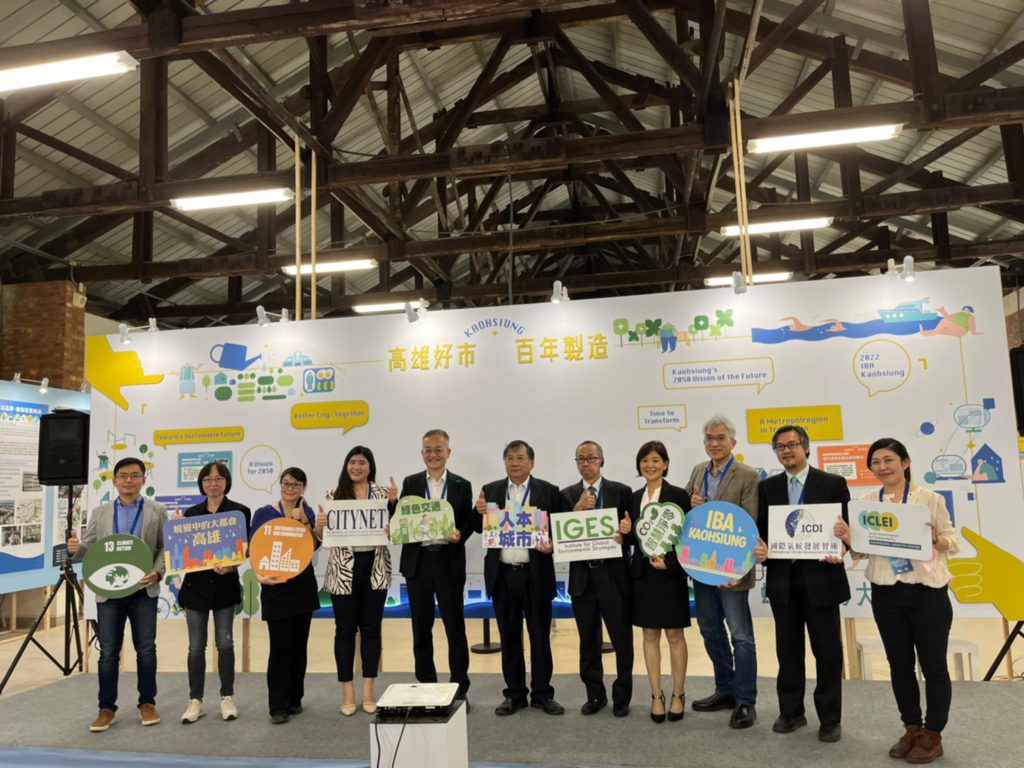
CityNet shared experiences with sustainable urban mobility at a workshop on Green, Smart, and People-Oriented Urban Mobility Services organized by ICLEI Kaohsiung Capacity Center (KCC), Kaohsiung City Government, IBA Kaohsiung, and ICDI. Taking place on 8 February 2023, the workshop brought together government officials and stakeholders from environmental protection, urban planning, and mobility sectors.
The workshop was opened by Ms. Yi-sheng Yang, the Director of ICLEI KCC, who introduced the forum and expressed her hopes that the workshop today would be a time to share experiences and knowledge with attendees, especially VIPs from Kaohsiung City Government. Mr. Wen-Yen Wu, Director-General of Urban Development Bureau, Ms. Jui-Hun Chang, Director of Environmental Protection Bureau, and Mr. Shu-Chuan Chang, Director-General of Transportation Bureau, delivered warm welcoming remarks on behalf of Kaohsiung City Government’s different bureaus. CityNet’s Secretary General, Vijay Jagannathan, also delivered opening remarks on behalf of CityNet and hoped that the workshop would prove very beneficial to attendees and that CityNet’s experience would be beneficial.
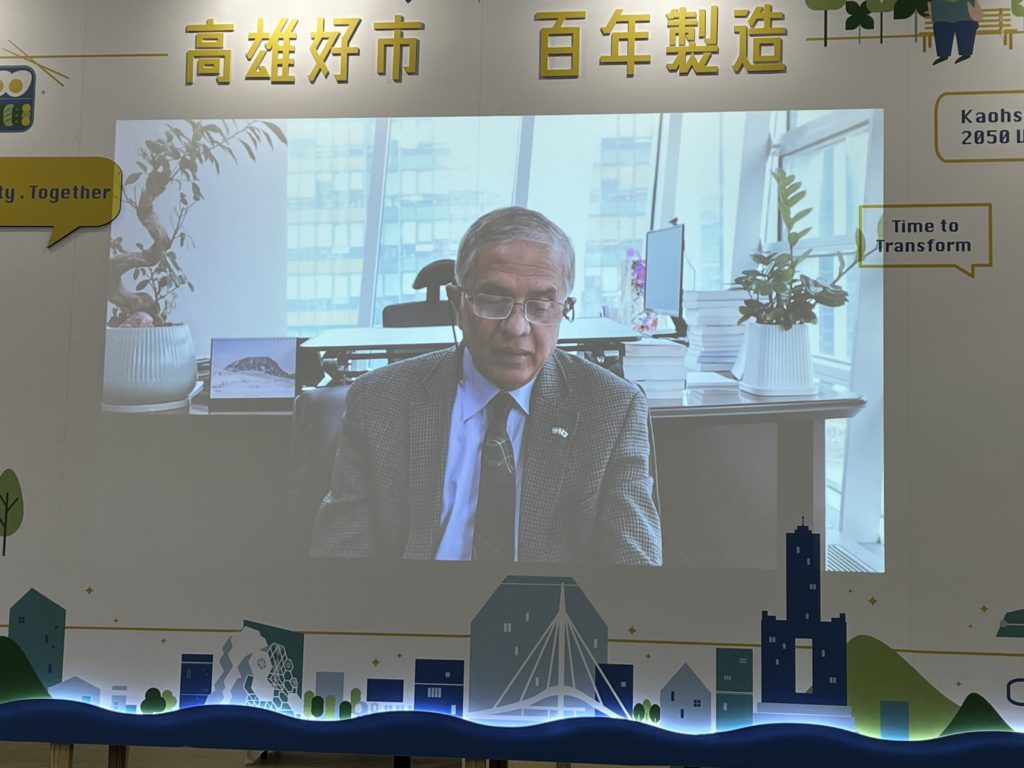
The workshop began with Dr. Sudarmanto B Nugroho, Research Manager of Institute for Global Environmental Strategies, who shared about his work with IGES and actions in decarbonizing the transport sector in the Asia-Pacific region. Citing examples from Japan, he proposed some concrete measures such as “mixed passenger and cargo bus” carbon reduction model, where cargo is loaded into empty spaces of buses and trains. He also emphasized the importance of cities to focus on health and welfare of citizens, and how creating walkable cities can simultaneously help prevent dementia and other lifestyle diseases and reduce carbon emissions from the reduced use of cars.
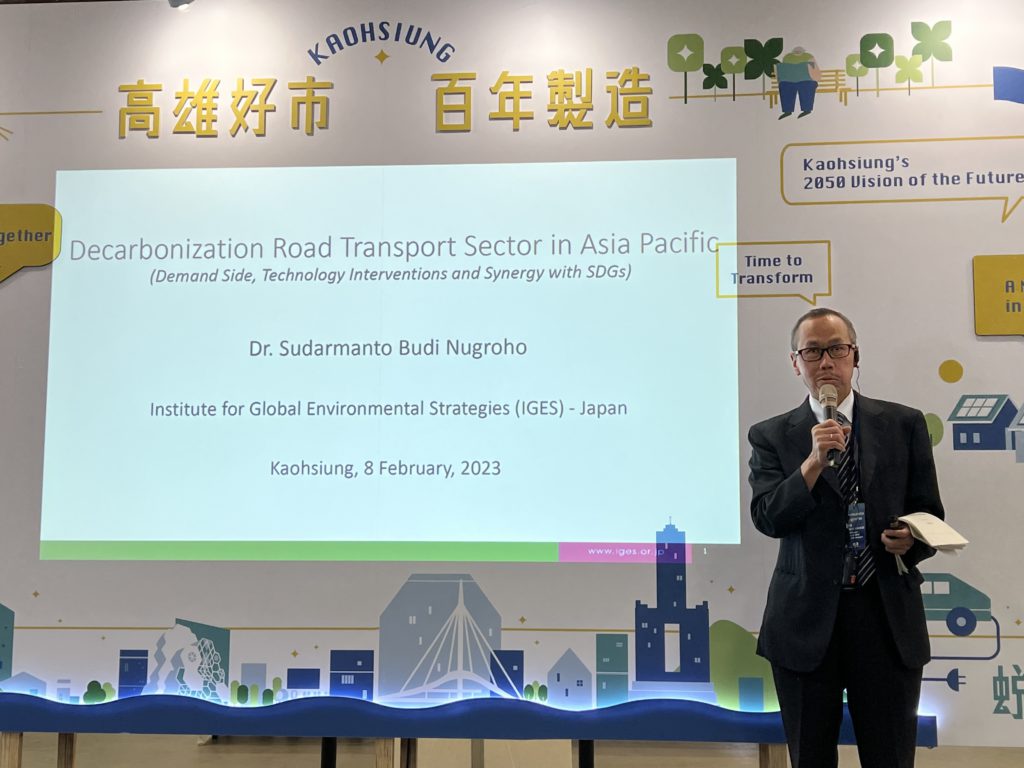 | 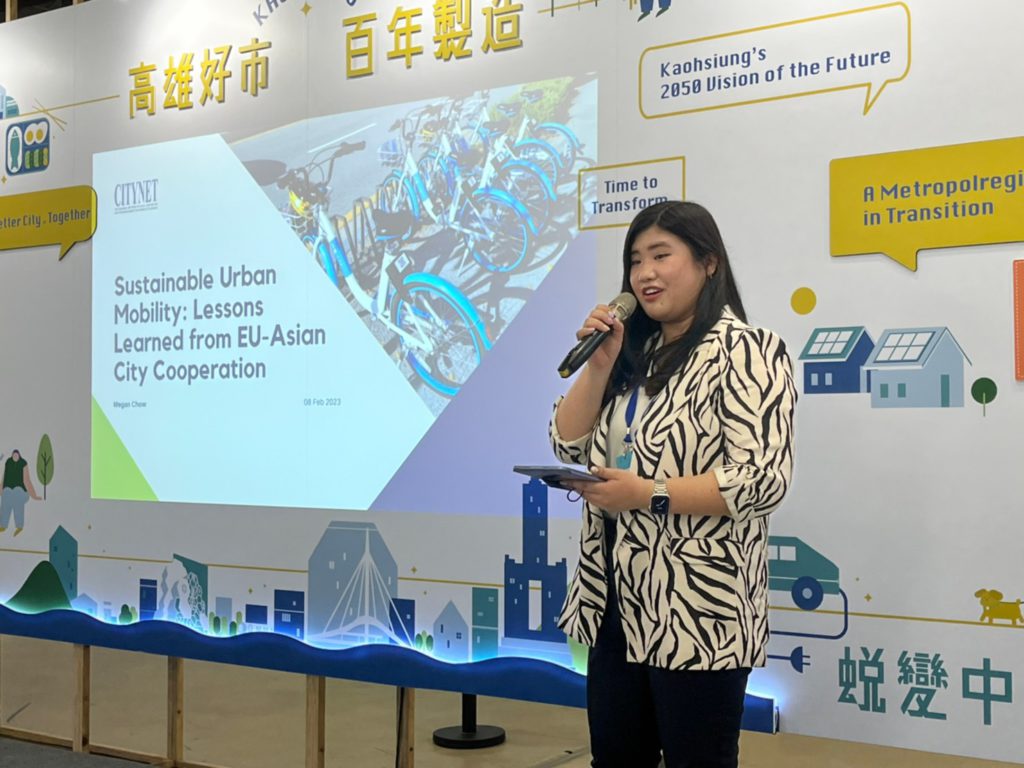 |
Ms. Megan Chow, Program Officer at CityNet, shared about the experiences that CityNet has learned as the local implementation partner of the IURC and ICP-AGIR projects, in its work with EU-Asian city pairings. She shared about three pairings that CityNet has been working with who have been focusing on sustainable mobility as their topic of focus: Seoul-Dublin, Busan-Rotterdam, and Taoyuan-Braga. Sharing best practices from each city, such as the road diet project from Seoul, cycling roundabouts and net-zero emission city logistic zones from Rotterdam, and demand-driven rural transportation from Taoyuan, she also highlighted three key takeaways that have stood out as common points for long-term sustainability and engagement in sustainable urban transportation. Firstly, when developing sustainable initiatives for mobility, it is key to consider the vulnerable population – disabled, elderly, children, etc. Accessible mobility encourages people to use it over other options. Secondly, it is important to engage the community from the beginning of the initiative. Not only does it provide a space for people to voice their concerns and questions, it also develops a sense of personal ownership as the initiative reflects their input. Finally, building a test zone is important for the community to experience the implementation in real life. Only by experiencing it themselves will they understand what kind of benefits it can bring.
Dr. Tse-Fong Tseng from IBA Kaohsiung agreed that test zones are critical and emphasized how a new mindset has to be developed for sustainable mobility. In order to increase mobility in cities, it is necessary to change the city landscape to “compact cities,” where the idea is to have everything necessary accessible within a close proximity, including shopping, housing, education, and work, thus reducing the need for personal cars. He stressed that mobility has everything to do with green cities, and expressed his hopes to share about Kaohsiung’s policies through CityNet as well.
The workshop concluded with a panel discussion where panelists had a chance to answer questions posed by the audience and other panelists, sparking a rather lively discussion over the course of an hour.
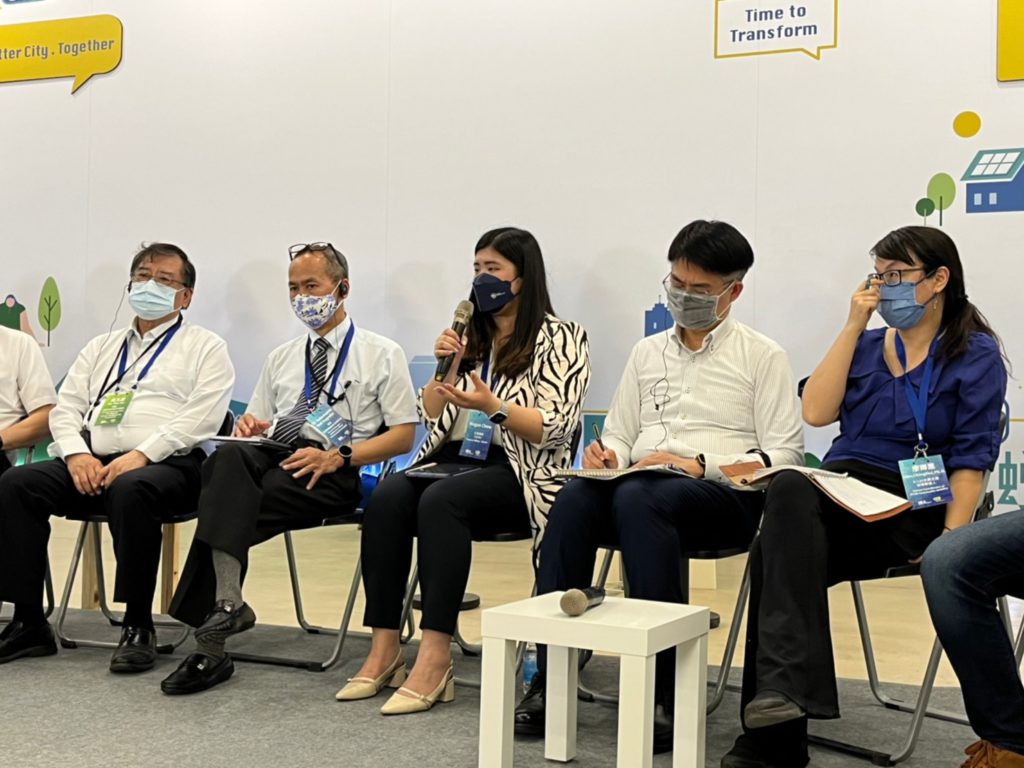
We hope that in the future, Kaohsiung can share activities and best practices through CityNet as well!
After the workshop, the Secretariat also paid courtesy visits to member cities Kaohsiung City Government, Taipei City Government, and Taoyuan City Government together with ICDI, as well as a visit to the European Economic and Trade Office in Taipei. The Secretariat connected with Taichung City Government in the next week on the ICP-AGIR study visit.
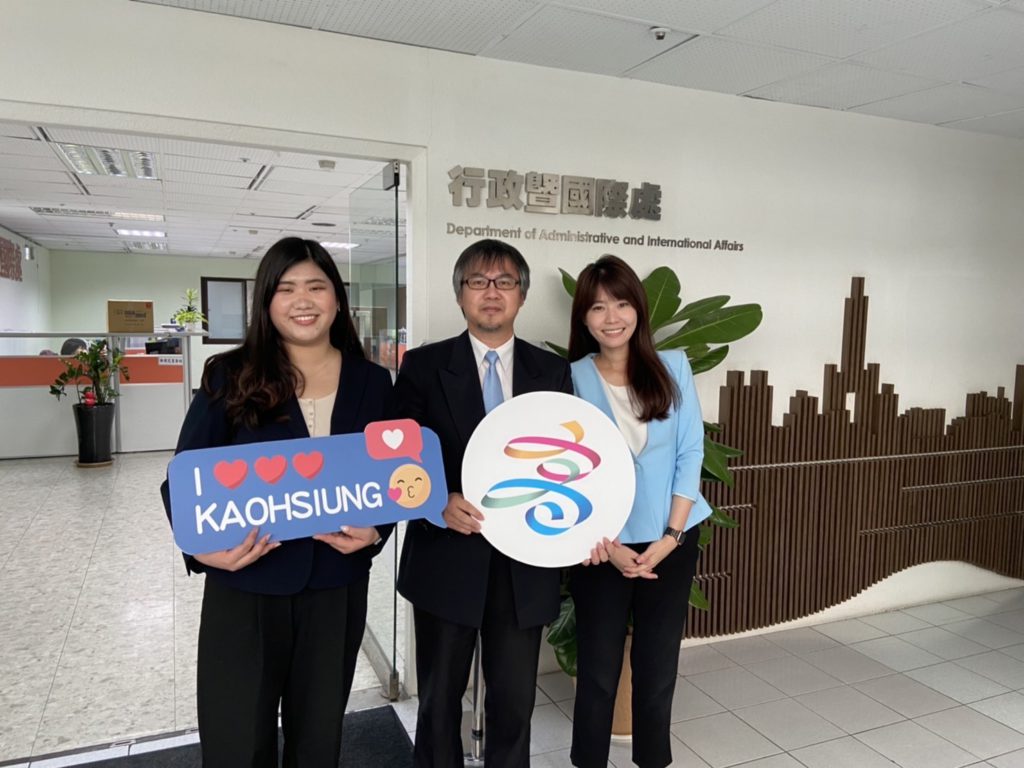 | 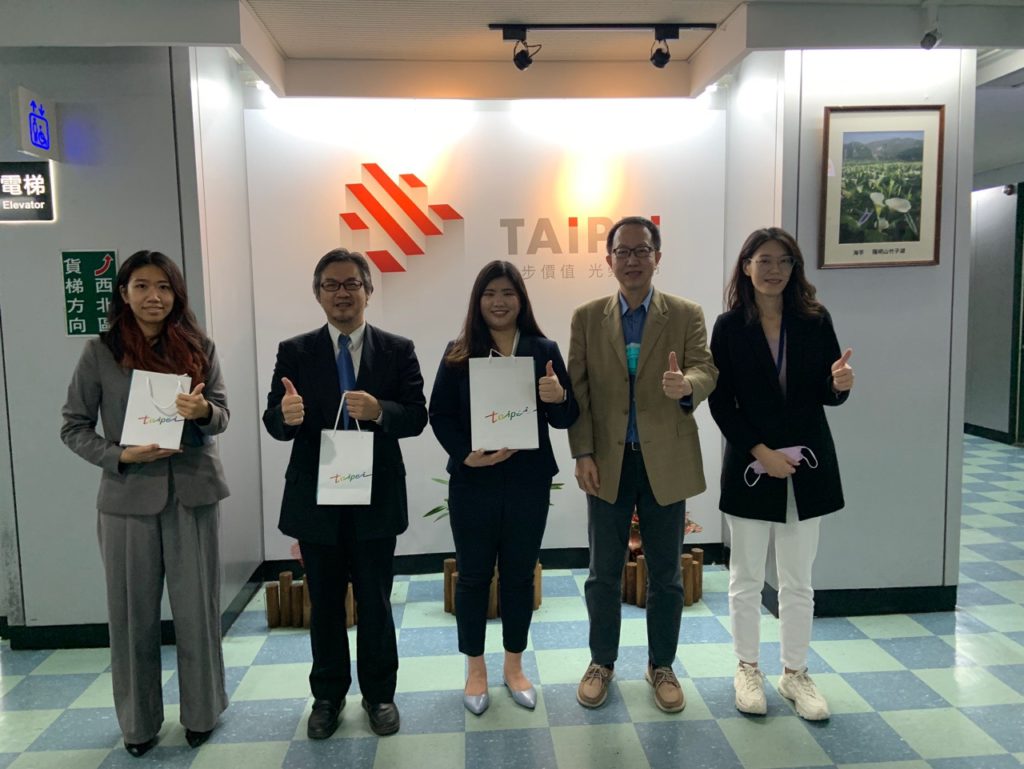 | 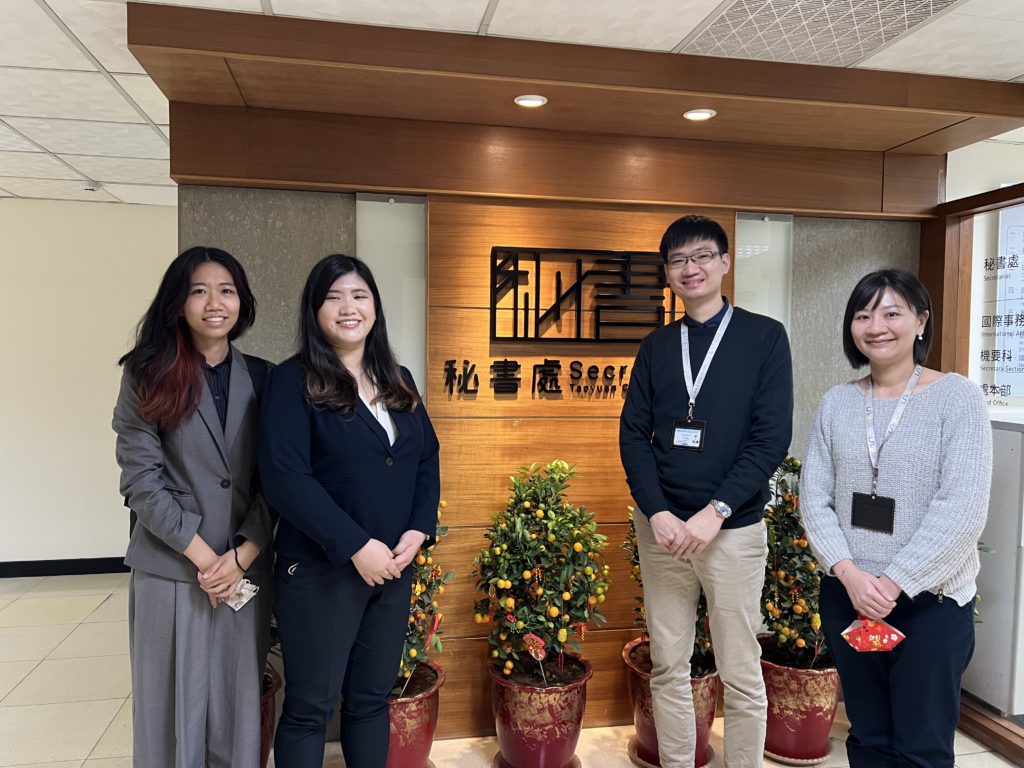 |
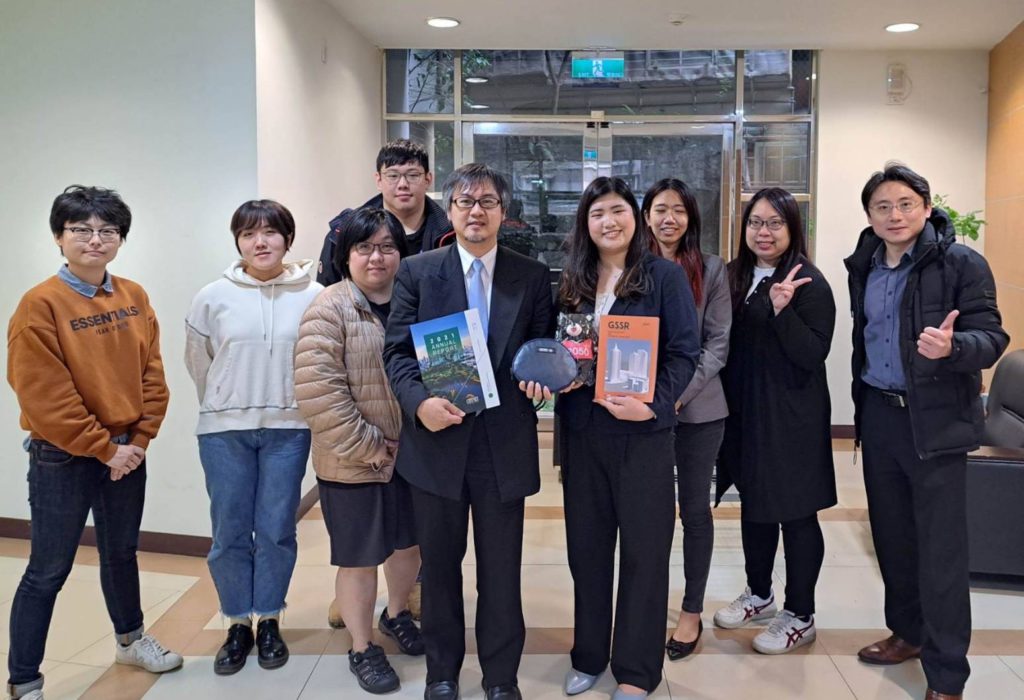 | 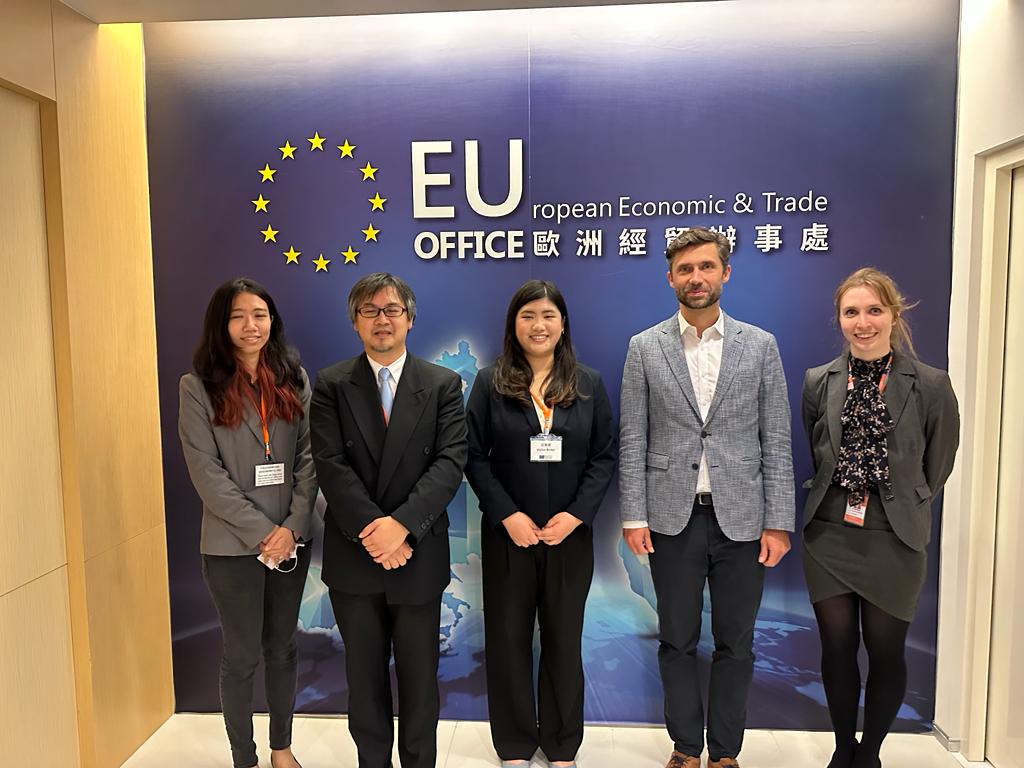 |
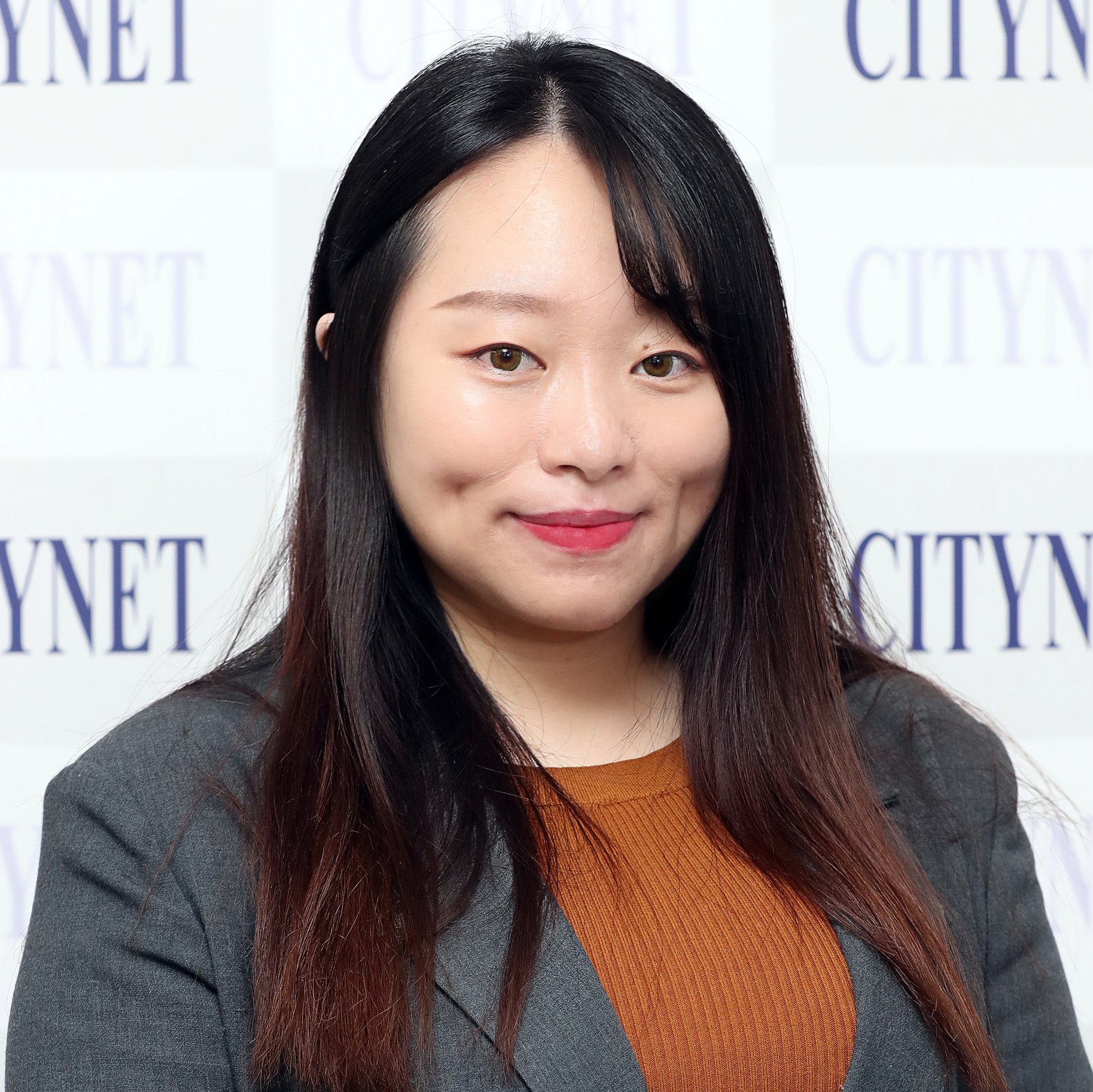
Hui Qian is a Senior Program Officer at CityNet, where she manages outreach and CityNet Services. Prior to joining CityNet, she worked at ICLEI East Asia Secretariat, with a focus on city-scale research and projects. Hui has a background of Sustainability Science and Greenhouse Gas Emissions Inventory Compilation. She obtained a Master of Science in International Cooperation Policy from Ritsumeikan Asia Pacific University (Japan) and a Master of Engineering in International Material Flow Management from Hochschule Trier (Germany). She is experienced in working under multicultural environment with multidisciplinary cooperation.

